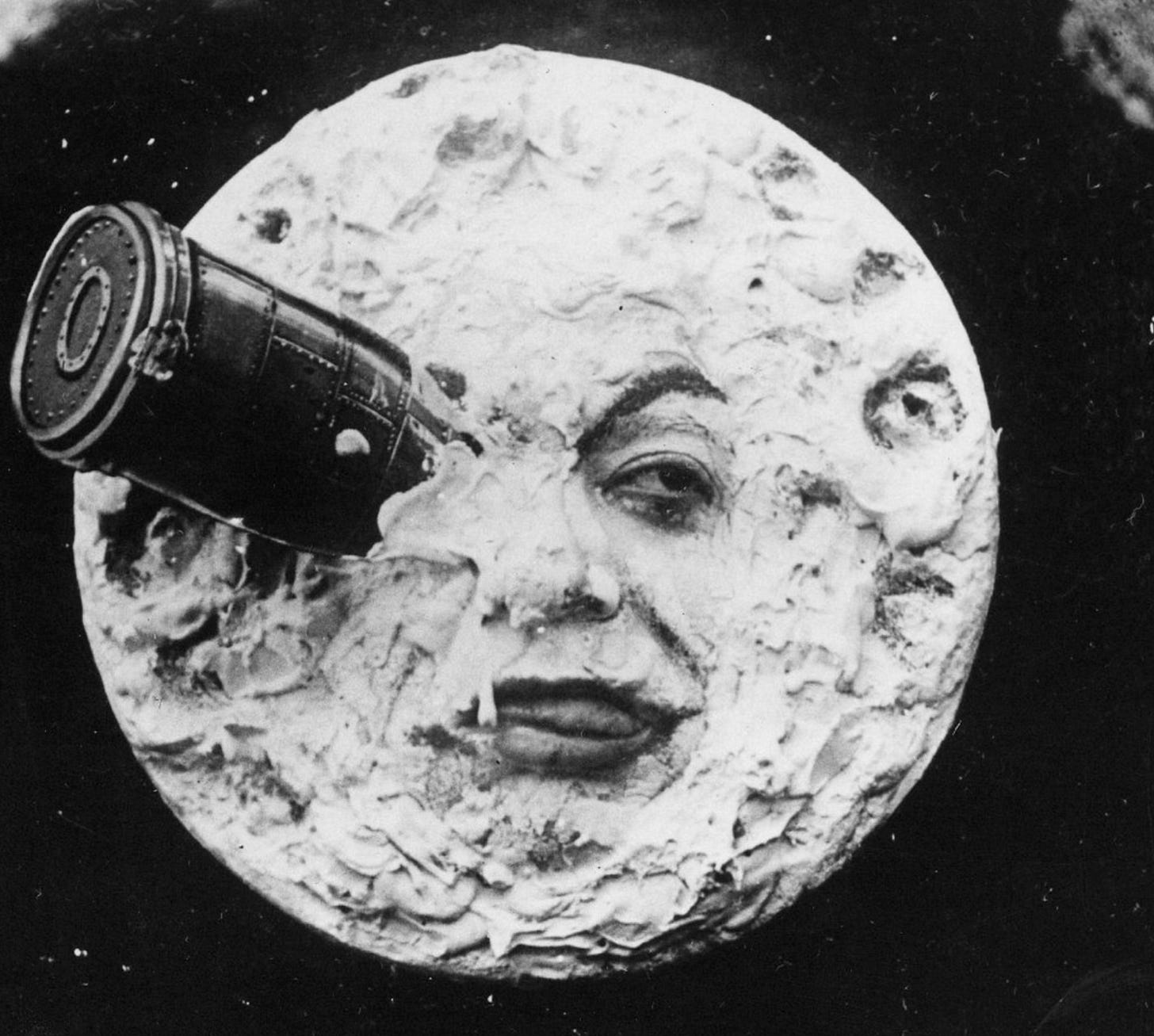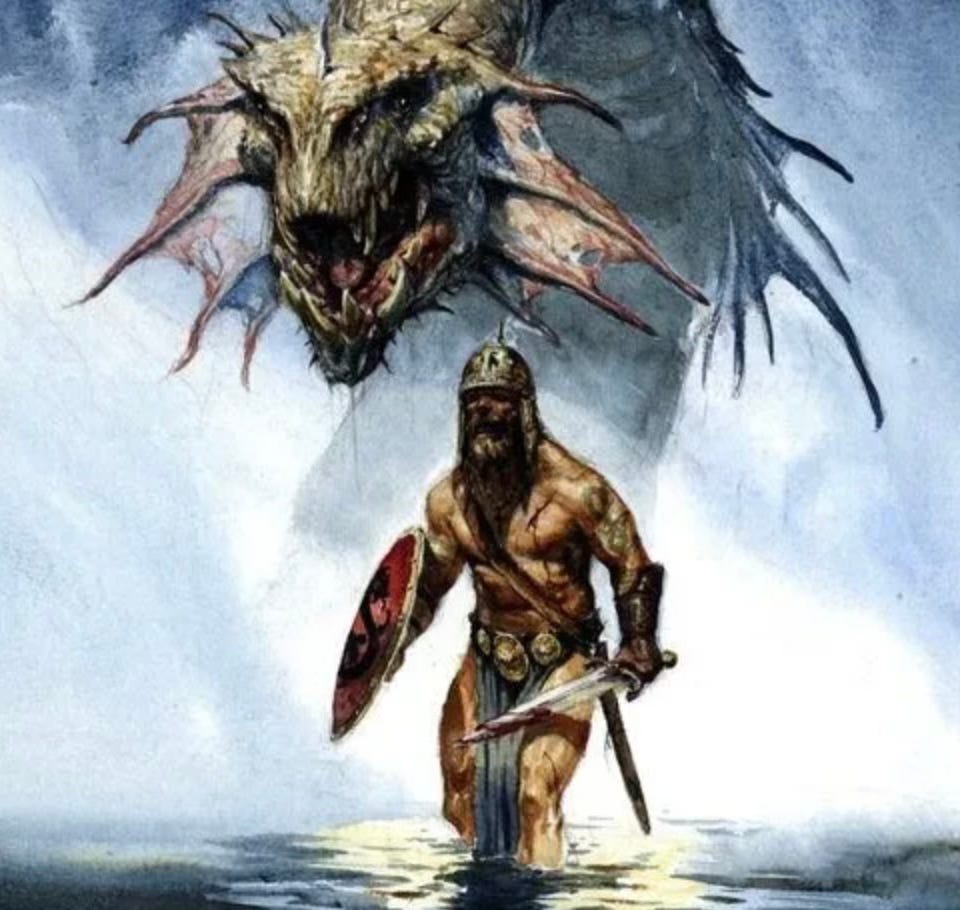Ouroboros.
Relax, there is nothing new about remakes.
Much like you I have long bemoaned the state of our remake culture. With something like 4 out of every 5 films and 3 out of every 5 TV series being either a sequel, prequel, remake, adaptation or some other part of an existing franchise, it’s hard not to feel like our culture has gone way beyond eating itself; our entire cultural-industrial sector now plays out as an immersive sequel to the Human Centipede with the audience as the last part of the food chain.
But it struck me the other day that there is nothing new about remakes.
The first film to get a sequel was “Birth of A Nation”, DW Griffith’s wildly racist and hugely popular pro-KKK movie which came out in 1915 to be followed only a year later by “The Fall Of The Nation”. Both movies were also adapted from books by Thomas Dixon Jr, however the first movies made from existing IP were much earlier.
Georges Méliès released 2 adaptions of Cinderella and a version of Shakespeare’s King John in 1899. Méliès, best known for “A Trip To The Moon” in 1902 (based loosely on two Jules Verne novels), was also the first person to do a remake when in 1896 he shot his own version of Louis Lumière’s “Playing Cards”, a film that had come out earlier the same year.
Méliès and the Lumière brothers also baked into cinema’s DNA the sense that what works on screen is often governed less by an urge to tell new stories than a desire to showcase new technologies and magic tricks. Did we ever need more Star Wars films? Narratively, clearly not, but it has been enough to sate the desire to see that universe rendered in late 90’s CGI photounrealism or, more recently, starring the original cast de-aged or reanimated after death. Of course we will live to see a sequel to Casablanca with the AI ghost of Humphrey Bogart romancing a reyouthfilled Scarlett Johansen and no it won’t be different from how you just imagined but no one cares why the rabbit is pulled from the hat, no one asks how the rabbit’s journey mirrors our own, we just applaud the fact that life can still surprise us.
Still, whilst the screen wizardry of 2024 outstrips that of 20 or even 10 years ago, the changes feel more incremental than the leaps from silence to sound to colour to CG. With such small surprises to wow us with, who gains from retelling “The Crow”? From another “Alien”?
But here is the way I think I’ve been looking at the situation from the wrong end of the telescope. The lie of film is not just the way running together still images creates the illusion of motion, it is also the way that motion, the temporary fleeting moment, appears captured, fixed and final. Film endures in ways stories do not.
Stories have always been snakes that shed their skins. Before you could rewatch them or even reread them, stories only had life in the retelling. Stories that weren’t retold were lost.
The briefest glimpse at our inheritances from the great oral storytelling traditions on which western culture is founded, the Illiad, the Odyssey, Beowulf, The Arabian Nights, shows precisely the same sort of rambling, repetitive, inconsistent, messy brilliance that you’d have if you tried to talk someone through all the Friday 13th movies or the Alien Franchise. We may have encountered the “boxed-set” version of Beowulf but it’s clearly “Beowulf”, “Beowulf 2: Grendel’s Mother” and “B3owulf: THE LAST DRAGON”. As night follows day I guarantee that at the back of some 6th century feasting hall a disgruntled Ben Blainenesson was moaning that the dragon’s rage being sparked by a slave stealing a golden cup distances Beowulf himself from the central pull of the narrative and it’s a shame that the execs had abandoned the version with all the wooden monks in it.
Of course we need fresh stories, there is space for something other than mouthing like scripture the received plot points of how Bruce Wayne’s parents were shot in front of him. But the act of telling and retelling, reinventing and renewal is not in and of itself a sign of stagnation. What I have in the past decried as a denial of imagination is really just the shared act of committing to cultural memory the stories in which we see ourselves reflected. These are not stories, these are myths.
Due to, you know, life and shit, my next writing course will now start on Oct 24th in London and also on zoom. Book your place here! and join the ranks of those who have described it as “A true masterclass in screenwriting” and “the best investment I’ve made in the writing of my screenplay”. Or just message me first.
Did you think that this week’s piece was leading up to an announcement that I was about to start work on a reboot of a franchise? Yeah, I know, that would have been great wouldn’t it. Instead these thoughts came after falling down a rabbit hole exploring the key scene cut from “Prometheus”, which is… bold claim alert… the most disappointing film in the Alien franchise.
The scene, filmed but unused, creates a unique paradox. So much of the failure of the released version stems from the distressingly underwhelming moment when the super intelligent alien being (The Engineer) is woken from sleep by the creatures he apparently created (us), only to merely smash shit up and kill people like an albino King Kong. It’s like meeting God and discovering he’s Hulk Hogan.
However, this was not the original intention. The dialogue sequence removed from this scene reveals… an excruciating plot line about how Jesus was an alien? Meaning the Engineer created the Alien in revenge for the crucifixion? Removing this awful exchange left us an awful film yet leaving it in would have given us something as bad or worse…
Next you’re gonna tell me someone “survived the fall of Troy” and went on to “found Rome”… oh shit.



